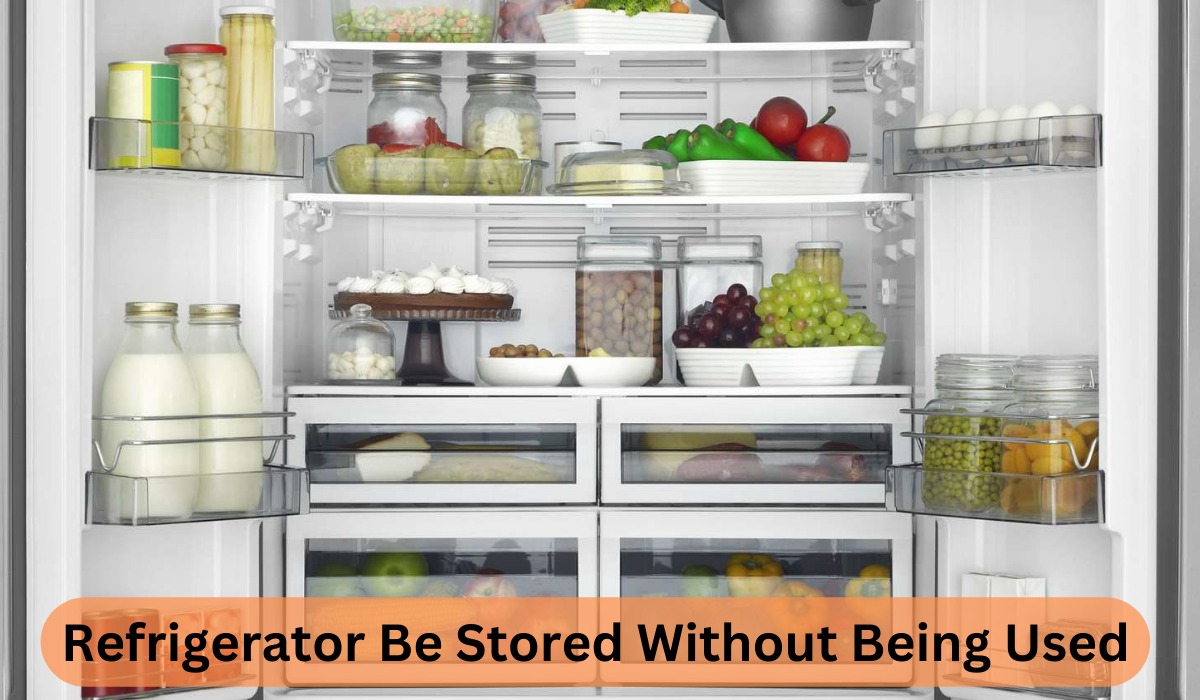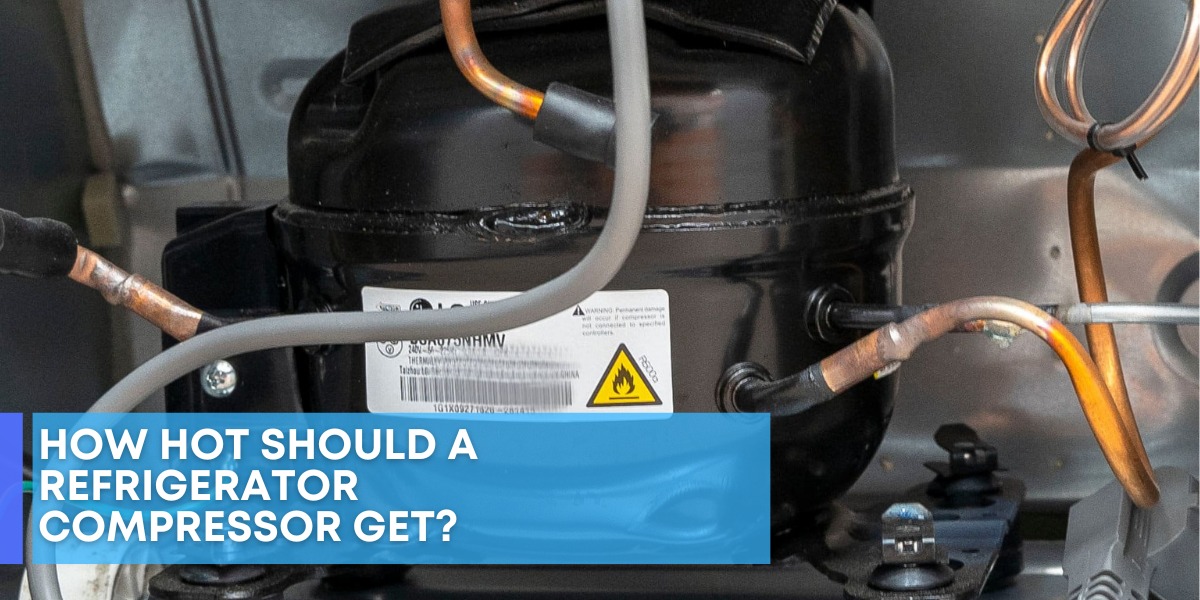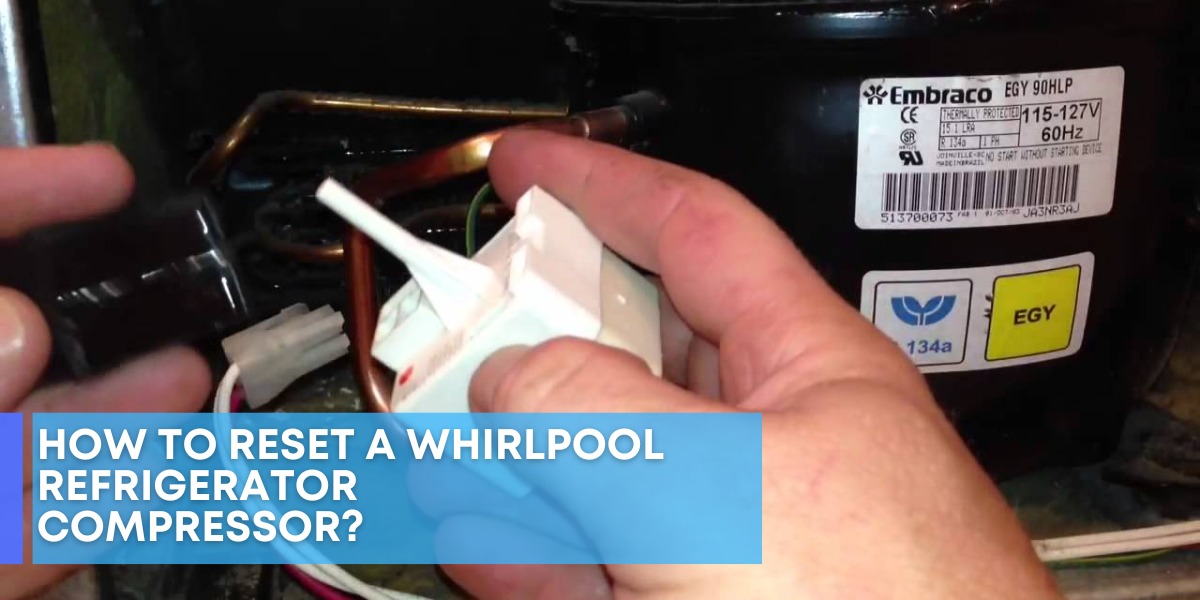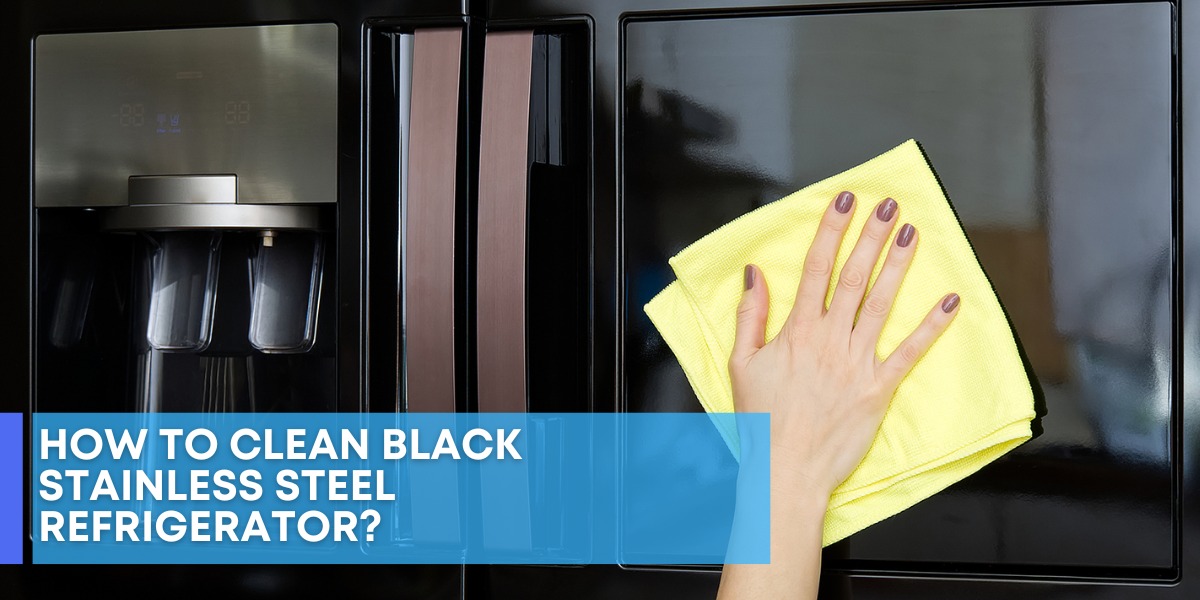A refrigerator is an essential appliance in every household. It keeps your food and beverages fresh and prevents them from spoiling. However, there may be instances where you need to store your refrigerator for an extended period, such as during a home renovation, relocation, or if you’re going on a long vacation. In such cases, it’s important to know how long a refrigerator can be stored without being used. In this blog, we’ll discuss the factors that determine the shelf life of a refrigerator in storage and provide tips on how to prepare your refrigerator for long-term storage.
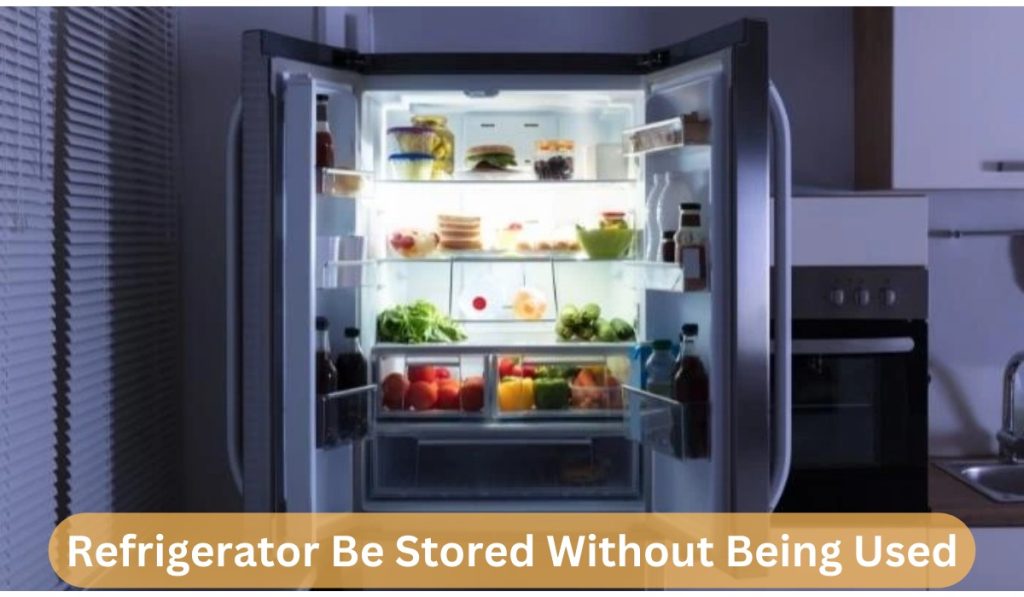
You Are Looking For A Refrigerator Repair Service In UAE
At Haffixer, we understand that Refrigerator repair can be a daunting task. That’s why we offer professional Refrigerator repair services in Dubai, Abu Dhabi, and the UAE. We use the latest techniques and equipment to diagnose and fix your oven quickly and efficiently.
Your oven is not working properly, our team can help diagnose the issue and provide a solution. We also offer a range of Refrigerator repair services, including cleaning, replacement parts, and more. Contact us today to schedule an appointment for your next Refrigerator repair in Dubai or Abu Dhabi! All home appliance repair services are available.
Factors Affecting the Shelf Life of a Refrigerator in Storage:
The shelf life of a refrigerator in storage depends on several factors, including:
- Duration of Storage: The longer your refrigerator remains unused, the more likely it is to develop problems, such as rust, mold, and other types of damage.
- Location: The location of the refrigerator also affects its shelf life. For instance, if the refrigerator is stored in an area with high humidity, it’s more likely to develop mold and rust.
- Preparation: Proper preparation is crucial for the longevity of your refrigerator in storage. If you fail to prepare your refrigerator correctly, it may develop problems during storage.
- Quality of Refrigerator: The quality of the refrigerator also plays a significant role in its shelf life in storage. A high-quality refrigerator is more likely to withstand the rigors of long-term storage than a lower-quality one.
How Long Can a Refrigerator be Stored Without Being Used?
The length of time a refrigerator can be stored without being used depends on several factors. Generally, a refrigerator can be stored for up to four weeks without being used. However, the actual shelf life may vary depending on the factors listed above. For instance, if the refrigerator is stored in a location with high humidity or is not adequately prepared for storage, its shelf life may be shorter.
Tips for Preparing Your Refrigerator for Long-Term Storage:
Like most people, you probably don’t think much about your refrigerator’s lifespan. But experts say that a properly-stored refrigerator can last for up to 10 years without being used.
Here are five tips for keeping your fridge optimally stored:
- Keep your food organized: Organize your food with dividers or baskets, so it’s easy to find what you need. This will also help keep your fridge more efficiently sized and clean.
- Clean regularly: Your fridge is likely less dirty on the top shelves than the bottom ones, so it’s important to clean them regularly. Use a mild detergent, a water mixture, and a sponge to clean the shelves and door panels.
- Avoid over-filling: Too much food in your fridge can cause it to become over-filled, crowded, and noisy. Ensure that every shelf has at least an inch of space between items, and don’t fill up the freezer section completely – leave some room for frozen foods!
- Use proper storage containers: Don’t store food in open containers such as dishes or cans, which can contaminate your food with bacteria and odors—store food in airtight containers or sealable Lidded Containers for optimal freshness and storage life.
- Proper preparation is crucial for the longevity of your refrigerator in storage. Here are some tips to help you prepare your refrigerator for long-term storage:
- Clean the Refrigerator: Before storing your refrigerator, ensure that it’s clean. Remove all the food items and clean the interior and exterior of the refrigerator with warm soapy water. Dry the refrigerator thoroughly with a clean cloth.
- Defrost the Freezer: If your refrigerator has a freezer, defrost it before storing it. This will prevent ice from forming and damaging the freezer.
- Remove All Accessories: Remove all the accessories, such as shelves and trays, from the refrigerator. This will prevent them from shifting during transportation and getting damaged.
- Secure the Doors: Ensure that the doors of the refrigerator are secured during transportation. This will prevent them from opening and damaging the refrigerator.
- Place Moisture Absorbers: To prevent mold and rust from forming inside the refrigerator during storage, place moisture absorbers, such as silica gel packets or activated charcoal, inside the refrigerator.
- Rotate frequently: It’s important to rotate your groceries so they’re used in the same order each time they go into the fridge – this will help prevent spoilage and keep your fridge more efficiently sized.
REPAIR SERVICES AVAILABLE 7/24
- Oven Repair
- Dryer Repair
- Stove Repair
- AC Repair
- AC Installation
- Fridge Repair
- Refrigerator Repair
- Dishwasher Repair
- Washing Machine Repair
In conclusion, the length of time a refrigerator can be stored without being used depends on several factors, including the duration of storage, location, preparation, and quality of the refrigerator. Generally, a refrigerator can be stored for up to four weeks without being used. However, it’s essential to prepare your refrigerator correctly to ensure its longevity in storage. Follow the tips mentioned in this blog to prepare your refrigerator for long-term storage. If you’re unsure about the proper way to store your refrigerator, we will now delve deeper into the subject of storing refrigerators without using them. The longevity of a refrigerator during storage is crucial, and one must be aware of the factors that determine it.
Store the Refrigerator:
Once you have reached the storage location, store the refrigerator in a dry, cool, and dark place. Avoid storing it in a humid area, as it can lead to the formation of mold and rust, causing damage to the refrigerator.
Check the Refrigerator:
Check the refrigerator periodically during storage to ensure that it’s in good condition. Look for signs of mold, rust, or damage. If you notice any problems, address them immediately to prevent further damage.
Prepare the Refrigerator for Use:
When you’re ready to use the refrigerator again, follow these steps:
- a) Remove the moisture absorbers from the refrigerator.
- b) Plug in the refrigerator and let it run for at least 24 hours before using it to ensure that it’s functioning correctly.
- c) Put the accessories back into the refrigerator.
- d) Fill the refrigerator with food items.
In conclusion, the shelf life of a refrigerator during storage depends on several factors, including the duration of storage, location, preparation, and quality of the refrigerator. It’s essential to prepare your refrigerator correctly for long-term storage to ensure its longevity. If you follow the steps outlined in this article, you can store your refrigerator for an extended period without causing any damage to it. Remember to check the refrigerator periodically during storage to ensure that it’s in good condition. If you notice any problems, address them immediately to prevent further damage.

